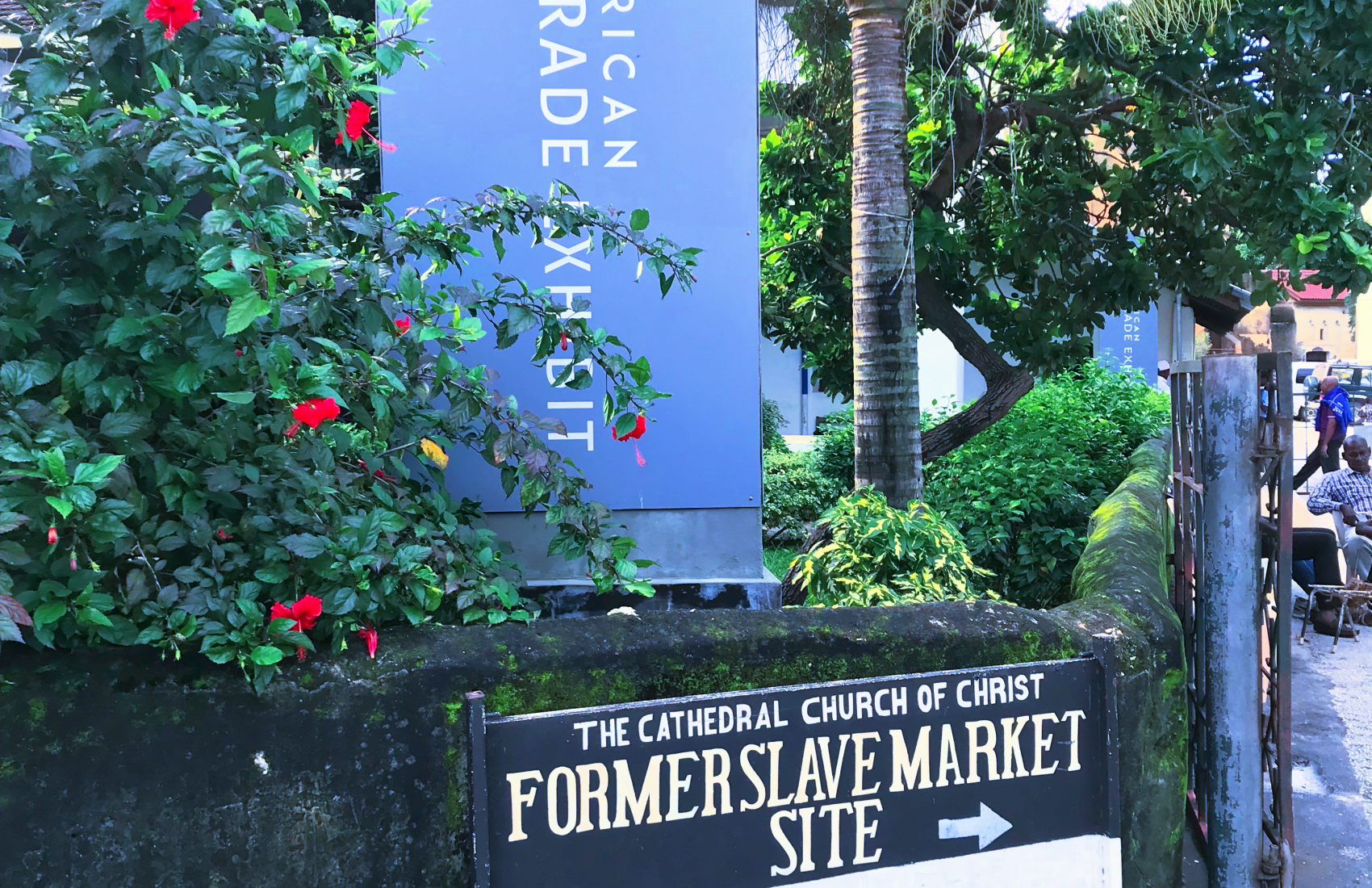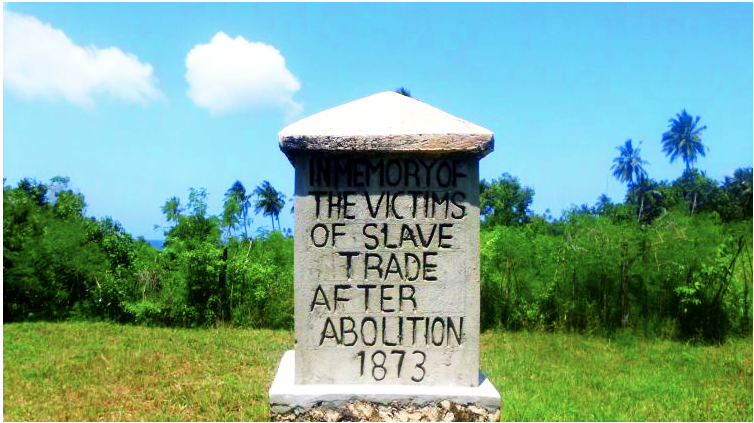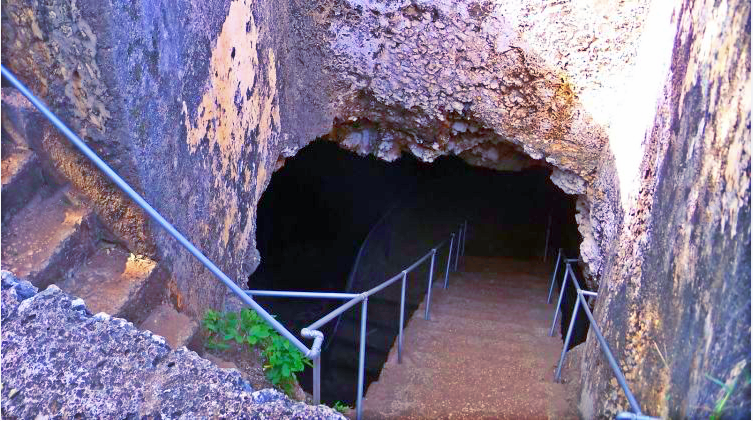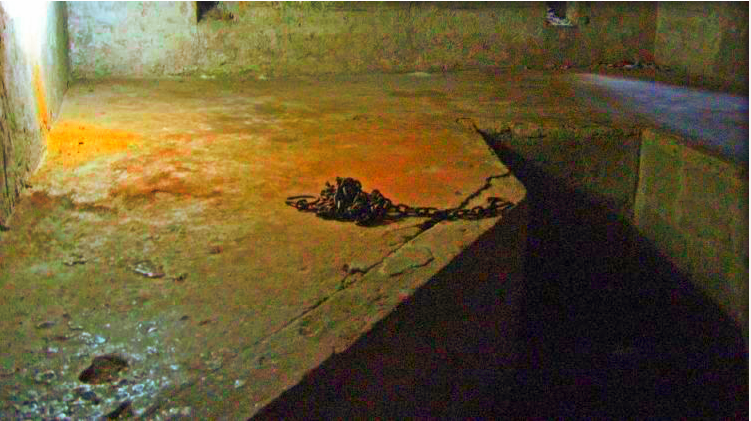22 Aug Zanzibar Travel Series: It’s Called Slave Trade Market
It is a commonly known fact that the preservation of historical sites matters for educational and memorial purposes. But, what if the historical sites you’re visiting are remnants of war, tragedies, disaster or slavery?
🔵🔵🔵
I have previously shared with you the places I’ve visited at Zanzibar and so for today I’m off to another place, it’s called the Slave Trade Market and the name says it all. I’ve struggled to finish this blog post because it’s personal; writing this blog means revisiting the past of African Slavery.
READ MORE
⚫⚫⚫
I’ve learned, I’ve seen and I’ve remorse. Unlike the Spice Farm or the Nungwi Beach, I’ve felt a strong emotional response seeing the tangible remnants and representation of the Slave Trade Market in Stone Island. It is characterized by feelings of discomfort, despair, sadness and remorse. My engagement in this Zanzibar spot is engagingly different with a discomfort touch of consience. There was a lingering impact which is normal given the scale of atrocity memorialized in this site.
But I don’t know if these emotions capture what I felt when I entered the Slave Trade Market. I can’t explain it but I know it's a normal feeling after all it is a common knowledge how inhumanely macabre African slavery had been. There's one thing that kept running in my mind while I was inside and that is how to commemorate. So let me write the importance of sites like this as a form of recollecting history; that amidst this capitalistic world, there should be a strong effort to maintain sites like this Slave Trade Market in the effort to ensure that the world ‘never forgets'.
⚫⚫⚫
anzibar Island's stores the last permanent slave market in East Africa and the most significant marker of African Slavery.
Zanzibar has great symbolic importance in the suppression of slavery, since it had been one of the main slave-trading ports in East Africa and also the base from which its opponents such as David Livingstone conducted the abolition campaign. Stone Town furthermore bears the memories of all slaves sold in Zanzibar as well as the memory of European explorers such as Vasco da Gama, Livingstone, Speke, Stanley, Burton, and others. The Stone Town is, therefore, an outstanding tangible and intangible manifestation of this interaction through several millennia hence bears unique universal values. It’s a tangible representation of man’s inhumanity on one hand, and man’s courage in tracing their humanity back through slave-trade abolition on the other. At present, Stone Town served as both a residential town and a remnant of the past.
-whc.unesco.org
⚫⚫⚫
My writing goal has always been to help comprehend factual information, may it be a trivial or a historical passage and dig deeper into it.
DARK TOURISM
There’s this concept called “Dark Tourism” to categorize the visitation of memorial sites or historical remnants from dark past events such as war, disaster, or slavery sites.
In a more specific way, dark tourism is considered as the “visitation to places where tragedies or historically noteworthy death has occurred and that continue to impact our lives”. www.scitechnol.com






No Comments